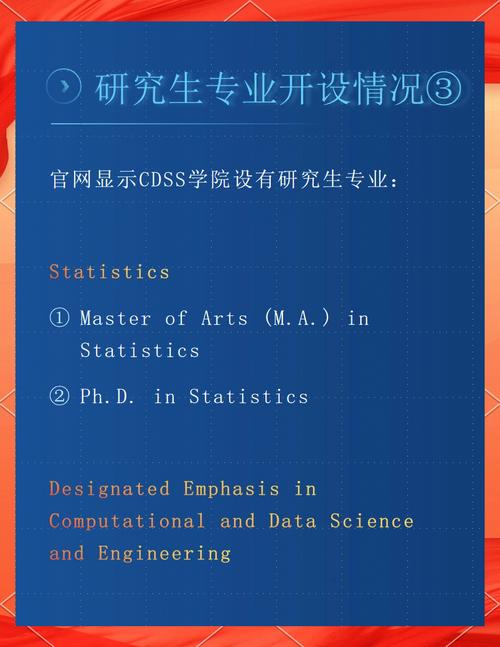
Co-op College Programs: A Comprehensive Guide for Aspiring Professionals
Are you considering a college program that offers a unique blend of academic learning and real-world experience? Look no further than co-op college programs. These programs provide students with the opportunity to work in their field of study, gaining valuable skills and insights that can set them apart in the job market. In this article, we will delve into the various aspects of co-op college programs, including their benefits, types, and how to find the right one for you.
Understanding Co-op College Programs
Co-op college programs, also known as cooperative education or cooperative learning, are structured to integrate academic study with practical work experience. These programs typically involve alternating periods of full-time work and full-time study, allowing students to apply their classroom knowledge in real-world settings.

Co-op programs are available in a wide range of disciplines, from engineering and business to healthcare and the arts. By participating in a co-op program, students can gain hands-on experience, build professional networks, and enhance their resumes.
Benefits of Co-op College Programs
There are numerous benefits to enrolling in a co-op college program:
-
Enhanced Learning: Applying theoretical knowledge in a practical setting can deepen your understanding of the subject matter.
-
Professional Skills: Co-op programs provide opportunities to develop essential skills such as communication, teamwork, and problem-solving.

-
Networking: Building relationships with professionals in your field can lead to job opportunities and references.
-
Competitive Edge: Employers often prefer candidates with co-op experience, as it demonstrates a commitment to the field and a willingness to learn.
-
Financial Gain: Many co-op programs offer competitive salaries, allowing students to offset the cost of tuition and gain financial independence.
Types of Co-op College Programs
Co-op college programs can vary in structure and duration. Here are some common types:
-
Full-Time Co-op: Students work full-time during the summer or semester breaks, while attending classes during the regular academic year.
-
Part-Time Co-op: Students work part-time while attending classes, allowing for a more balanced schedule.
-
International Co-op: Students have the opportunity to work abroad, gaining exposure to different cultures and industries.
-
Multiple Co-op Terms: Some programs allow students to complete multiple co-op terms, providing even more hands-on experience.
How to Find the Right Co-op College Program
Choosing the right co-op college program is crucial to your success. Here are some tips to help you find the perfect fit:
-
Research Programs: Look for programs that align with your career goals and offer co-op opportunities in your field of interest.
-
Visit Campus: Attend information sessions, meet with advisors, and tour the campus to get a feel for the program and the institution.
-
Review Placement Rates: Check the placement rates of the co-op program to ensure a high percentage of students secure employment.
-
Consider Duration and Structure: Choose a program that fits your academic and personal schedule.
-
Seek Recommendations: Talk to current students and alumni to gather insights on the program and its benefits.




